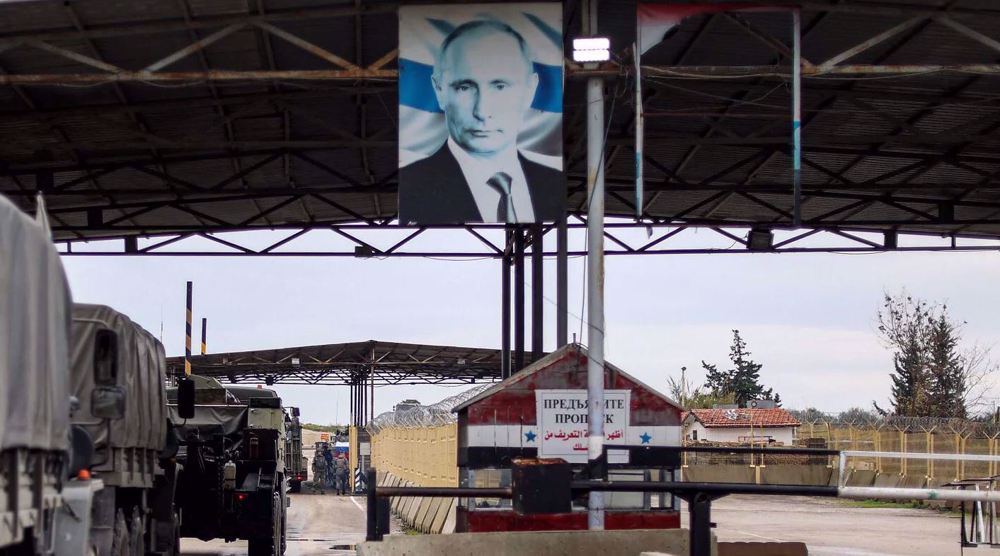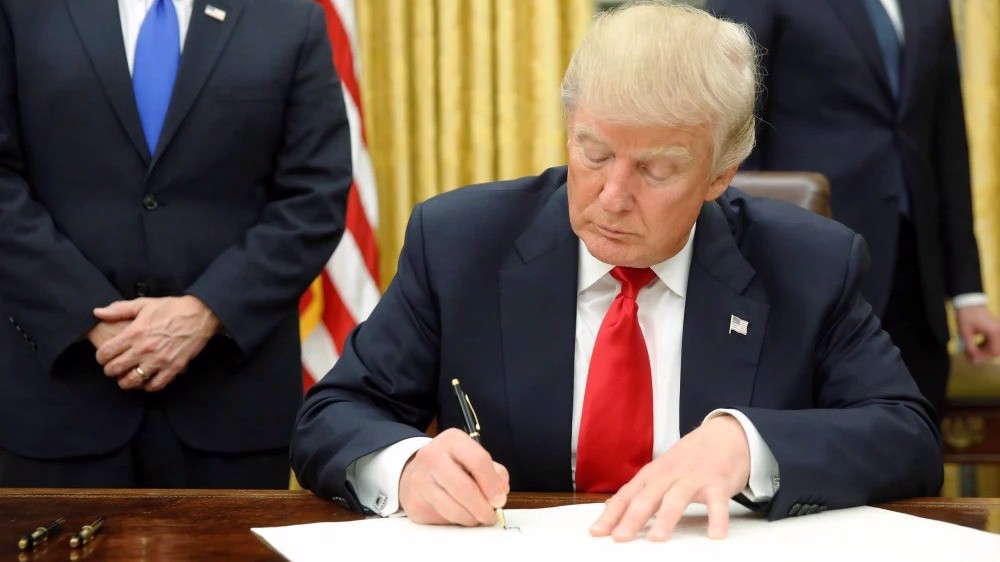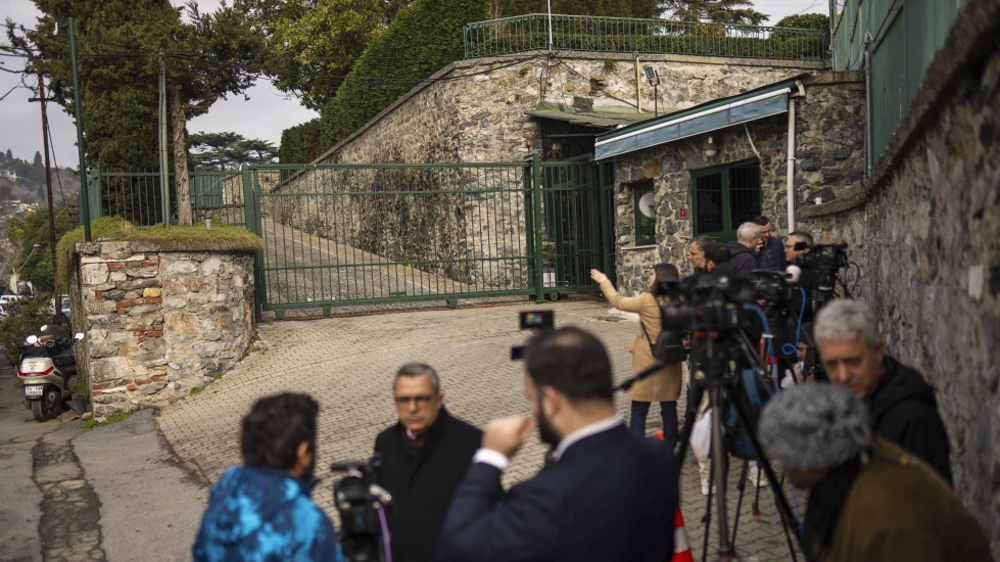Russia: UK delaying visas for London embassy diplomats
Russia says its embassy in London is “shrinking” because of extended delays by British authorities in issuing visas to diplomats and embassy staff.
In a sign of increasingly deteriorating relations between Moscow and London, Russian Ambassador to the UK Alexander Yakovenko strongly criticized British leaders over their recent anti-Russian statements, and accused the government of delaying the granting of visas to Russian staff at the London embassy.
He said Moscow was forced to reduce its diplomatic presence in London because of visa delays, sometimes of over a year, meaning "some people are leaving without being replaced.”
Yakovenko, ambassador since 2011, wondered whether Britain wanted "an adequate Russian diplomatic presence" in the country.
"[We think] it is [because of] Ukraine and Syria," he said. "We are trying to understand whether Britain wants to have an adequate Russian diplomatic presence in London, but the embassy is shrinking and if it continues the embassy will be reduced further."
“People cannot be replaced because the visas are not being issued," he said. "I hope this problem will be resolved under present government."
"Here in London, we simply do not understand the strategy of this country on visa issues,” he added.
Ambassador criticizes May, Johnson

The ambassador also slammed British Prime Minister Theresa May and Foreign Secretary Boris Johnson for issuing "anti-Russian statements".
May recently accused the Russian military of committing "sickening atrocities" in the Syrian city of Aleppo, and Johnson said that Russia’s actions in Syria constituted to “war crimes”.
Relations between London and Moscow have been very tense over their differences over the years-old conflicts in Ukraine and Syria, particularly over the Syrian crisis.
Russia has been engaged in an aerial campaign against terrorist groups in Syria upon a request by the Syrian government of Bashar al-Assad for more than one year.
The UK, along with the United States and some of their allies, has been conducting a so-called anti-terror campaign in Syria and neighboring Iraq for more than two years.
However, they have done little to stop the Takfiri terrorists; instead their air raids have killed many civilians, and caused extensive damage to the country’s infrastructure.
Russia along with the Syrian armed forces, have inflicted heavy losses on the foreign-sponsored militants in the Arab country. Their victories worried the West that has actively been seeking the ouster of President Assad.
Russia has been supporting the Syrian government in its push to take back Aleppo from Daesh terrorists. The US also carries out airstrikes as well as operations on the ground through its special forces against what it calls terrorist targets.
Moscow could target UK media in Russia

Earlier this week, the British bank National Westminster closed down the accounts of the Russian broadcaster RT without offering any explanation.
Ambassador Yakovenko on Saturday revealed that four other Russian news agencies, including state-owned RIA Novosti, had their British bank accounts closed up before RT suffered the same problem.
Asked if Russia might take reciprocal actions against British media in Russia, Yakovenko quoted Russian Foreign Minister Sergei Lavrov as saying: “Never do to others what you don’t want them to do to you”.
He questioned freedom of press in the country while foreign media outlets are being targeted.
“This is a problem of free speech in [the UK],” the ambassador said. “The clear conclusion is that the Russian alternative point of view is not welcome here. Their aim is to make the work of this channel impossible in this country.”
"RT is an alternative point of view — you call it propaganda, but we call it an alternative point of view,” he said. In a letter to RT’s London office, the British bank NatWest announced on Monday that it would no longer count the channel as a client, but stopped short of specifying the reason.
NatWest said the decision was final and that it was “not prepared to enter into any discussion in relation to it.”

Israelis push for Russia to keep Syria bases, want Damascus 'weak, divided': Report

Trump extends Russia sanctions ahead of meeting with Zelensky

Russia, US diplomats to meet in Istanbul to discuss restoration of embassies: Lavrov
Israeli cabinet allows military to call up 400,000 reservists
Iran as hub of technical and engineering services
VIDEO | Press TV's News Headlines
Trump-Zelensky ‘shouting match’ shows how US props up and discards ‘allies’
Norwegian fuel giant halts sales to US after Trump-Zelensky showdown
Hamas urges Arab summit to uphold rejection of displacement plots
VIDEO | Pro-Palestinians take over outside Israeli embassy in Washington for iftar
VIDEO | Hundreds rally in Vienna to demand new election, accuse govt. of 'deception'







 This makes it easy to access the Press TV website
This makes it easy to access the Press TV website